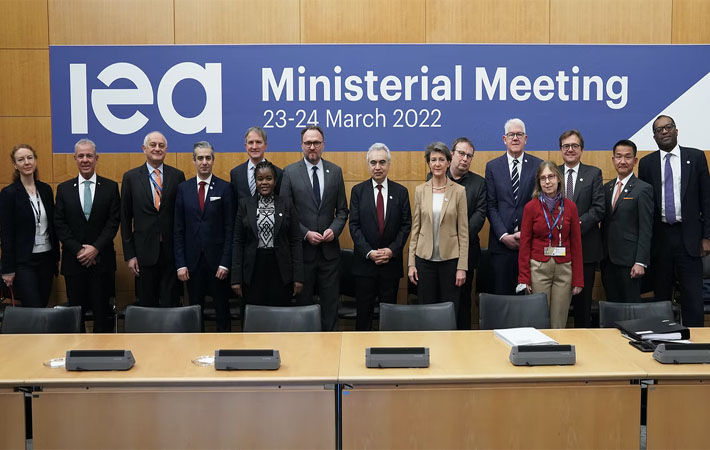
The new CETP funding stream of €20 million a year will come from voluntary contributions by 15 IEA member countries and the European Union, all of which confirmed their financial support till 2030 in a new joint commitment.
The increased funding will expand the IEA’s development of more tailored and actionable national net zero roadmaps for emerging economies, and enhance efforts to track progress on reducing energy sector emissions.
Ministers from IEA member countries and beyond met to discuss how to accelerate clean energy transitions and strengthen energy security.
The new funding stream will support efforts to achieve greater clean energy investment in emerging economies and provides a strong endorsement by governments of the IEA’s role in helping the global energy system transition to net zero emissions, IEA said in a press note.
“To solve the climate crisis, we must take bold and transnational actions to ensure a green and sustainable future,” said Danish minister for climate and energy Dan Jorgensen, who chaired the event on the CETP.
“The CETP is the main vehicle for the IEA to drive real global change and clean energy transition towards net zero. To this end, I am thrilled that we are so many supporters and funders to the programme,” he said.
Since its creation in 2017, the CETP has established strong cooperation on clean energy with the world's largest emerging economies including Brazil, China, India, Indonesia and South Africa.
Drawing on the IEA’s expertise, the CETP provides a range of policy advice, training and capacity building to help these economies move towards sustainable low-carbon solutions while ensuring energy security and economic opportunities.
According to an IEA analysis, annual capital spending on clean energy in emerging and developing economies needs to expand from less than $150 billion in 2020 to over $1 trillion by 2030 if the world is to get on track for reaching net zero emissions by 2050.
The CETP is funded by Australia, Belgium, Canada, Denmark, France, Germany, Ireland, Italy, Japan, the Netherlands, Spain, Sweden, Switzerland, the United Kingdom, the United States and the European Commission.
Among those, Belgium, Ireland, Spain and the United States are all providing contributions to the programme for the first time.
Fibre2Fashion News Desk (DS)